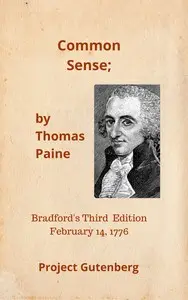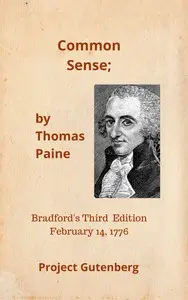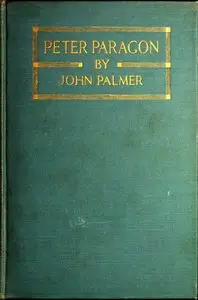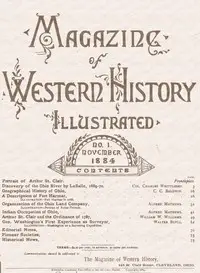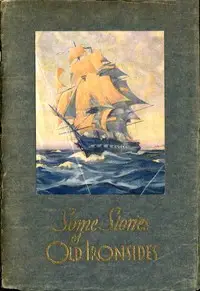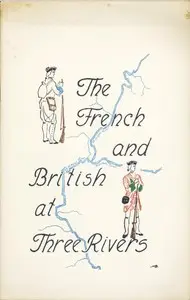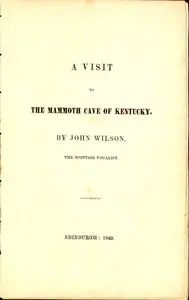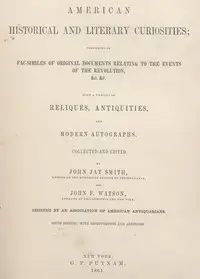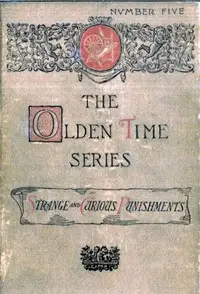"The Writings of Thomas Paine, Volume III" by Thomas Paine is a historical collection of political writings created in the late 18th and early 19th centuries. This volume encompasses works advocating for republicanism and critiquing monarchy, illustrating Paine's fervent interpretation of democracy and human rights during a transformative period of political upheaval in both America and France. The likely topics include proclamations for republican governance, letters addressing political figures, and essays on the rights of man, reflecting Paine's significant influence on revolutionary thought. At the start of the volume, the introduction highlights the context in which Paine's works were created, particularly his collaborations and relationships with notable figures during the French Revolution. It reveals that the initial sections include his "Republican Proclamation," which argues against the necessity of monarchy and emphasizes the burdensome nature of kingship on society. Paine articulately contends that the absence of a king is preferable and underscores the importance of establishing a republic as a foundation for a just society. Alongside this, the opening introduces his correspondence with various political figures, indicating his active role in the social and political reforms of his time, and sets the tone for the crucial discussions on governance and the rights of individuals that follow in the subsequent essays. (This is an automatically generated summary.)
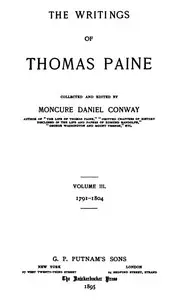
The Writings Of Thomas Paine, Volume III. 1791-1804
By Thomas Paine
"The Writings of Thomas Paine, Volume III" by Thomas Paine is a historical collection of political writings created in the late 18th and early 19th ce...
Genres
Released
2010-02-13
Formats
epub (images)
mobi (images)
epub
epub3 (images)
mobi
Free Download
Overview
About the Author
Thomas Paine was an English-born American Founding Father, French Revolutionary, inventor, and political philosopher. He authored Common Sense (1776) and The American Crisis (1776–1783), two of the most influential pamphlets at the start of the American Revolution, and he helped to inspire the colonial era patriots in 1776 to declare independence from Great Britain. His ideas reflected Enlightenment-era ideals of human rights.
Total Reviews
10.0k
Total reviews from Goodreads may change



